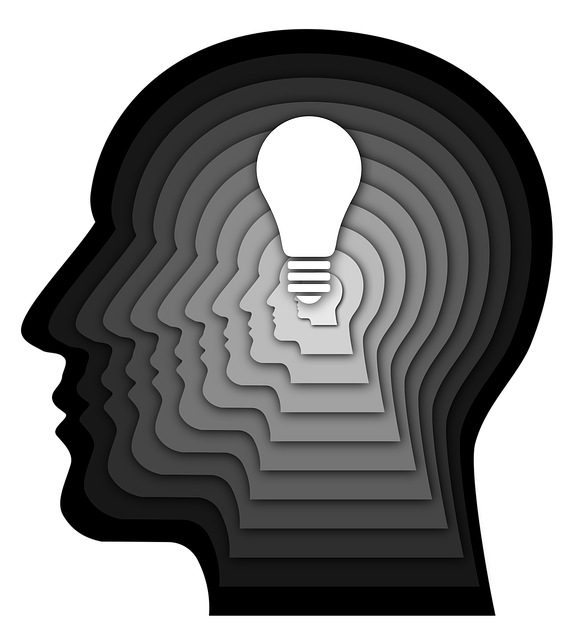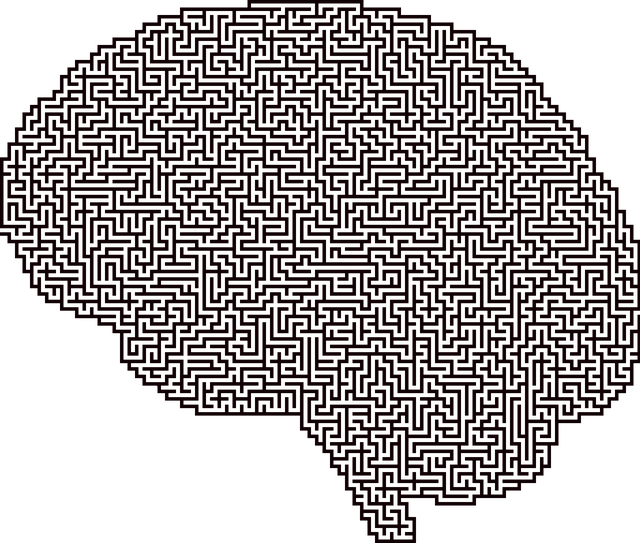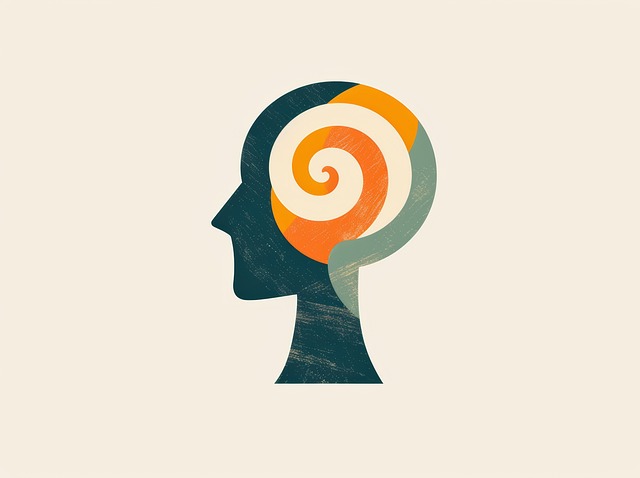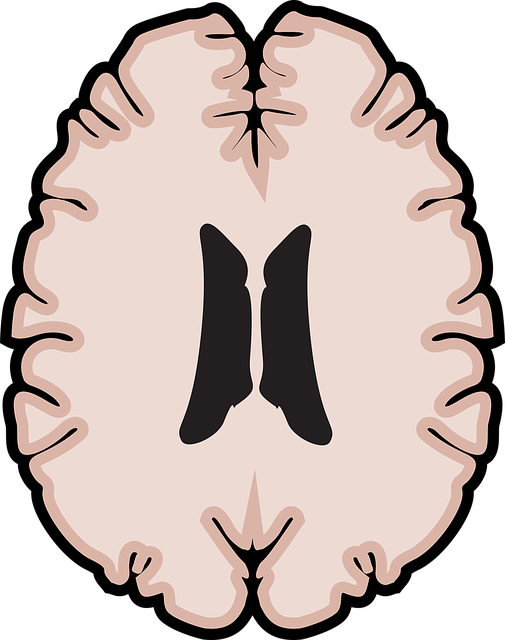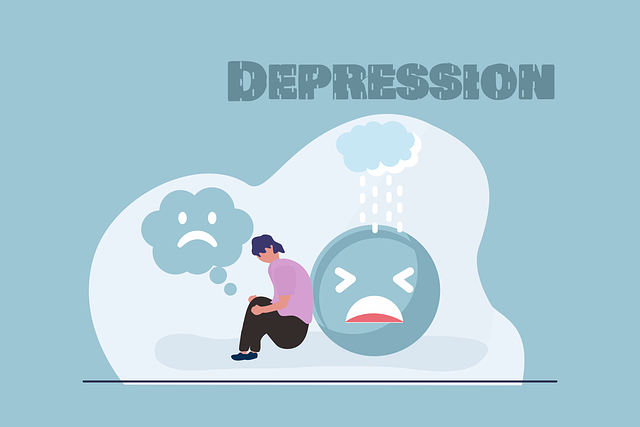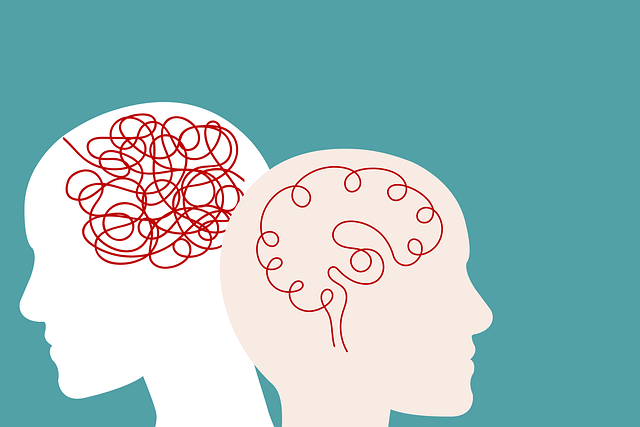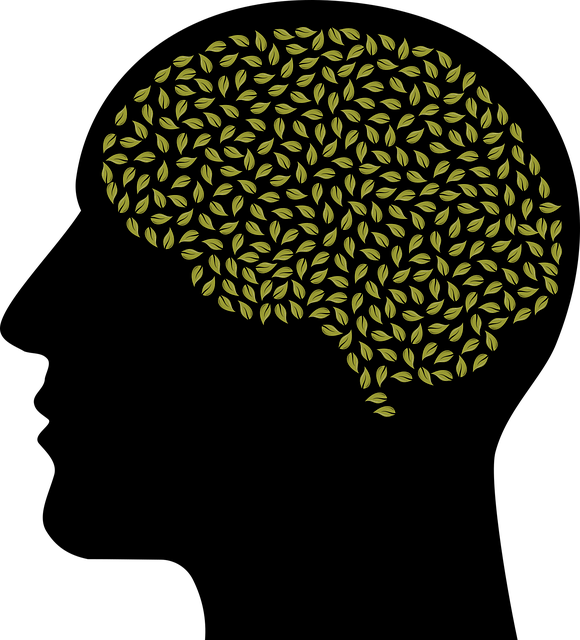Denver ADD-ADHD Therapy introduces the Resilient Framework Method (RFM) to empower individuals with tools for navigating challenges and improving well-being. By focusing on Recovery, Flexibility, and Mastery, this approach enhances stress management, symptom control, and social skills through self-care, anxiety relief, and empathy-building strategies. Integrating RFM into daily routines promotes resilience and mental health, benefiting both individuals with ADD-ADHD and healthcare professionals at risk of burnout.
“Discover how Denver ADD-ADHD therapy offers a unique perspective on resilience through RFM (Resource, Focus, and Motivation) exercises. This powerful framework equips individuals with tools to navigate challenges. In this comprehensive guide, we explore the significance of RFM in building mental fortitude. Learn about targeted exercises that enhance resilience, offering practical strategies for managing stress and adversity. By integrating these techniques into daily routines, individuals can foster long-lasting mental toughness, a key focus of Denver ADD-ADHD therapy.”
- Understanding RFM and Its Role in Resilience Building
- Exercises to Enhance Resilience: A Denver ADD-ADHD Therapy Approach
- Integrating RFM into Daily Routines for Long-Term Success
Understanding RFM and Its Role in Resilience Building

Resilience is a vital asset for navigating life’s challenges and setbacks, especially for individuals with conditions like ADD-ADHD in Denver. Here, RFM (Recovery, Flexibility, and Mastery) comes into play as a powerful framework for building resilience. This approach recognizes that resilience isn’t just about overcoming adversity but also about adapting and growing through difficult experiences.
By focusing on these three aspects, individuals can enhance their ability to cope with stress, manage symptoms of ADD-ADHD, and improve overall well-being. Recovery involves learning from past struggles and cultivating a sense of personal strength. Flexibility encourages the development of adaptive coping mechanisms, enabling individuals to navigate unexpected changes and challenges with ease. Mastery, on the other hand, is about taking control and actively seeking opportunities to develop skills and knowledge, fostering a sense of self-efficacy and empowerment. Engaging in self-care practices, anxiety relief techniques, and empathy-building strategies are all integral parts of this journey, contributing to a more resilient mindset.
Exercises to Enhance Resilience: A Denver ADD-ADHD Therapy Approach

In the heart of Denver, ADD-ADHD therapy offers a unique and comprehensive approach to building resilience, an essential skill for navigating life’s challenges. The focus here is on empowering individuals with effective coping mechanisms tailored to their specific needs. Through a combination of evidence-based techniques, therapists help clients develop emotional intelligence, enhancing their ability to understand and manage their emotions effectively.
One of the key strategies employed in Denver ADD-ADHD therapy is teaching communication skills, which are crucial for building strong relationships and fostering social connections. By learning to express needs and boundaries clearly, individuals can improve their interactions with others, reduce potential stressors, and create a supportive network. These resilience-building exercises not only aim to minimize the impact of mental illness but also contribute to stigma reduction efforts by promoting understanding and empathy in the community.
Integrating RFM into Daily Routines for Long-Term Success

Integrating RFM—or Resilient Framework Method—into daily routines is key to long-term success in managing stress and building resilience. This approach, often used in Denver ADD-ADHD Therapy and other mental health practices, encourages individuals to embrace challenges as opportunities for growth. By fostering self-awareness exercises through RFM, healthcare providers can develop effective burnout prevention strategies. Incorporating these techniques into everyday life allows for better coping mechanisms when facing stress or adversity.
The Stress Management Workshops Organization highlights the importance of this integration. Regular practice strengthens one’s ability to navigate life’s complexities, ensuring a more balanced and resilient mindset. Whether it’s setting small, achievable goals or reflecting on personal strengths, these activities contribute to overall well-being. For healthcare providers, especially those at risk of burnout, adopting RFM can be transformative, enhancing their resilience in the face of demanding work environments.
Resilience is a powerful tool for managing stress and adversity, especially for individuals with conditions like ADD-ADHD. By integrating RFM (Resourceful Living Model) into daily routines, as demonstrated by the innovative Denver ADD-ADHD Therapy approach, people can build resilience that lasts. This method encourages individuals to identify and utilize their unique strengths, cope effectively during challenging situations, and foster a sense of self-efficacy. Adopting these practices can significantly enhance overall well-being and adaptability in various aspects of life.


